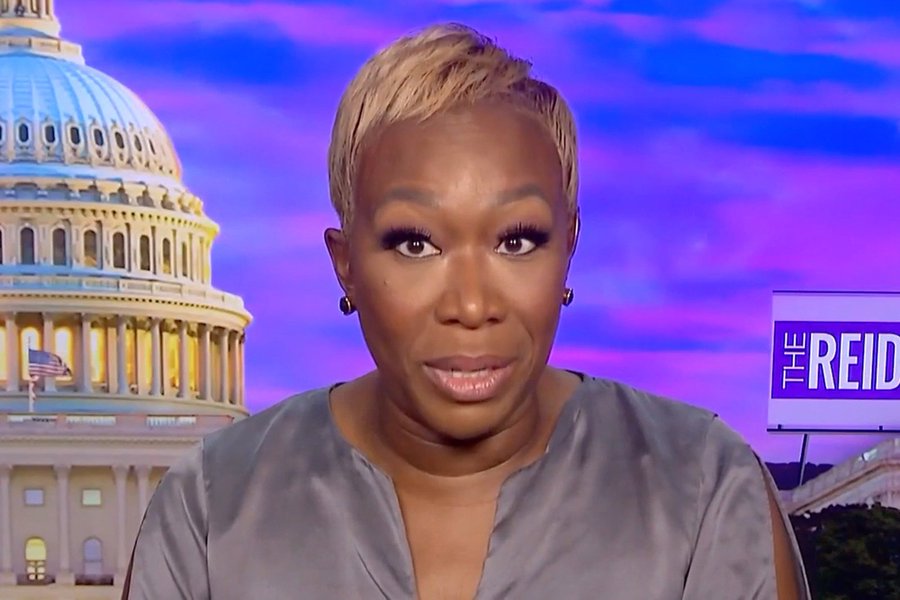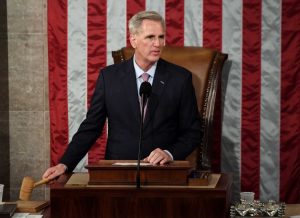Joy Reid, an American journalist and television host, known for her role as the host of MSNBC’s political commentary program, The ReidOut, recently shared her thoughts on the history and struggles of Black Americans.
In a SalonTalks interview with writer Dean Obeidallah, Reid expressed her frustration about the treatment of Black people in America, stating, “To be a Black person in 2024 in America is to be in a state of complete perplexed confusion about what is wrong with a country that hates your history.”
She highlighted the ongoing injustices faced by the Black community and criticized the lack of acknowledgment and responsibility from society regarding the mistreatment of Black people throughout history.
Also read | Law enforcement emergency in Evans Hall, University of Oklahoma
Reid’s remarks during the interview sparked discussions about the systemic racism and inequality that continue to impact Black Americans today. She emphasized the need for recognition and reparations for the contributions and suffering of Black people, stating, “Blacks, please get out of Harvard. Now, Blacks, you can’t get any more loans… We want 100.” Reid also reflected on the legacy of figures like James Baldwin, whose writings continue to resonate with the experiences of Black Americans.
Who is Joy Reid?
Despite her contributions to journalism and political commentary, Reid has faced controversies in the past. In particular, her deleted blog posts from the late 2000s resurfaced in 2017 and 2018, containing homophobic and anti-Semitic remarks. Reid issued apologies for her past writings, acknowledging that her views had evolved over time. Additionally, she faced criticism for remarks made on her show, The ReidOut, including accusations of Islamophobia and racial insensitivity.
Also read | Minnesota shooting: 2 police officers and one paramedic killed in Burnsville
Throughout her career, Reid has been recognized for her ability to analyze complex issues and engage with current events. Despite controversies, she continues to be a prominent voice in the media, advocating for social justice and equality. As she navigates discussions on race, politics, and society, Reid remains a polarizing figure, sparking conversations about the role of journalism in addressing systemic issues and promoting inclusivity and understanding.







